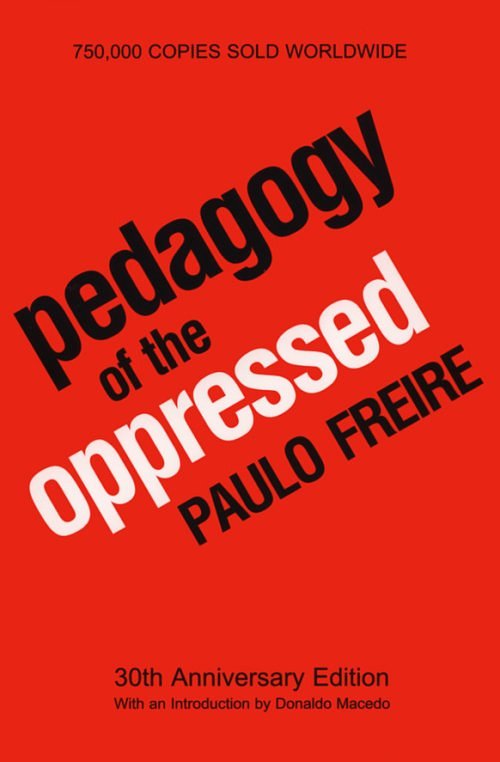Home
About Us
Page 2
2) From Data to Knowledge to Decisions - This dimension is meant to address the development of algorithms for the collection of multi-scale clinical, biomedical, contextual, and environmental data concerning every patient which would create a window towards the establishment of decision support tools that could potentially optimize a patient-centered and evidence-based practice.
|
|
3) Empowering Individuals - This dimension will have to include strategies that could help determine socioeconomic and behavioral principles that could influence a patient's participation in healthcare and wellness activities.
4) Sensors, Devices and Robotics - This dimension should include investigative approaches that will allow interoperable, temporally synchronized, medical prosthetic and embedded devices to continuously capture, store, and transmit physiological and environmental data.
The program will accommodate two types of project classes, the first one would the Exploratory Project, wherein they will award funds ranging from $200,000 to $600,000 with a project duration of two to three years. The second project class would be the Integrative Project wherein the NSF will award funds in the amount of $600,000 to $2,000,000 with a project duration of four to five years.
Researchers and investigators will only be eligible to submit an application for the Smart Health and Wellbeing Program if they are representing any of the following:
a) Universities and colleges including community colleges which campuses are located in the United States of America.
b) Non-profit, non-academic organizations such as independent museums, observatories, research laboratories, professional societies and other organizations that are associated with research and educational activities.
National Science Foundation's Smart Health and Wellbeing Program
Back to Page 1
About The Author Michael Saunders is an editor of TopGovernmentGrants.com one the the most comprehensive Websites offering information on government grants and federal government programs. He also maintains Websites providing resources on environmental grants and grants for youth programs. |
Additional Resources
category - Education Grants
Financing Your Education with Federal Supplemental Educational Opportunity Grants
A Guide to Student Grants and Scholarships
Beyond Your Child's Classroom
Laura Bush 21st Century Librarian Program
Follow @topgovtgrant
Social Entrepreneurship
Spotlight
Why This Book Needs to be Read By Every Social Entrepreneur

Pedagogy of the Oppressed, a 1970s book by author Paulo Freire, envisions a world not as a given reality, but as “a problem to be worked on and solved.” That mentality is often applied to the greatest social entrepreneurs.
